Filter by Type
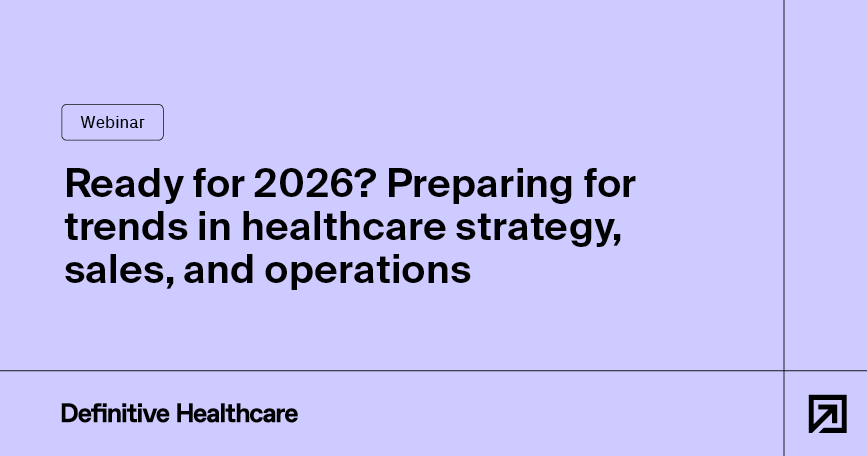
Ready for 2026? Preparing for trends in healthcare strategy, sales, and operations
With new technologies, market pressures, and an evolving policy landscape in the forecast for 2026, organizations need to be prepared to adapt. We dive into these topics and more in this informative webinar.
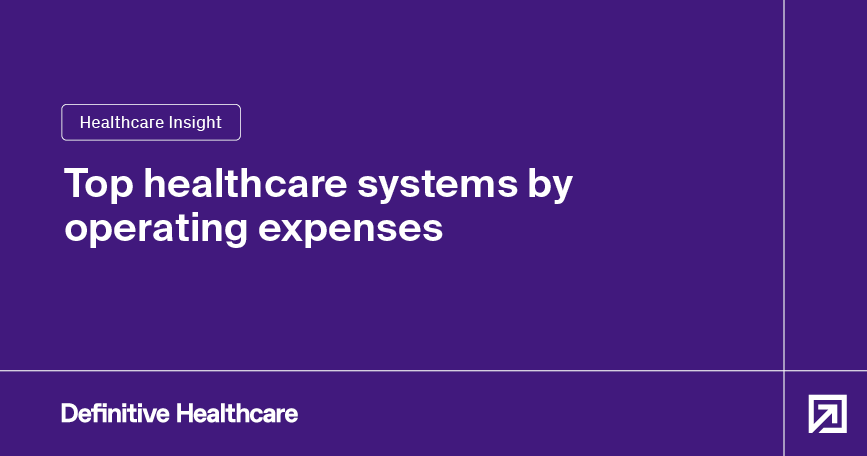
Top healthcare systems by operating expenses
See which integrated delivery networks have the highest operating expenses and what that reveals about scale and system complexity.
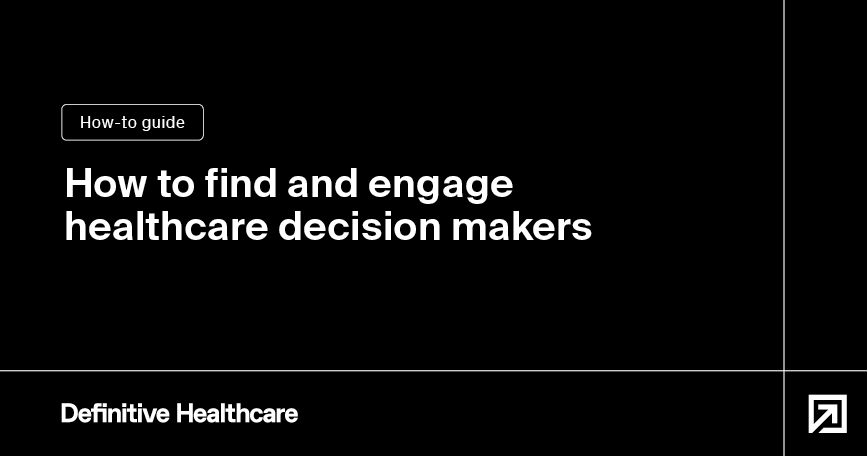
How to find and engage healthcare decision makers
Learn how to identify and engage healthcare decision makers using data-driven strategies across providers, IDNs, and health systems.
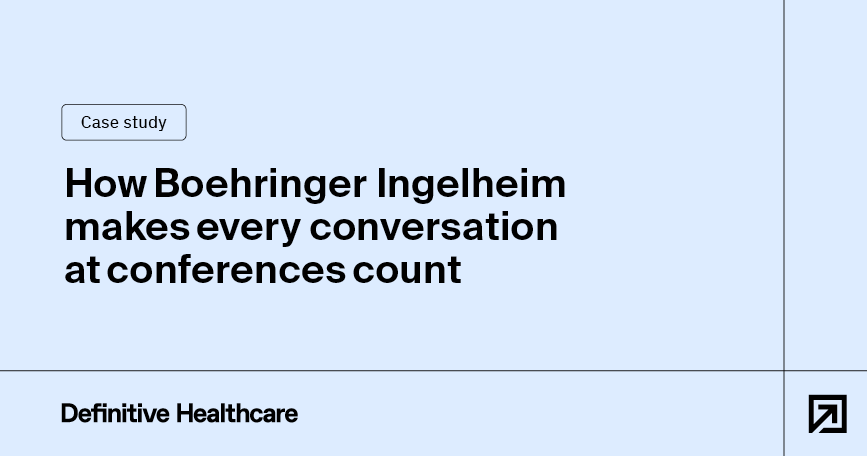
How Boehringer Ingelheim makes every conversation at conferences count
See how a leading pharma medical affairs team improved scientific engagement at conferences in this case study.
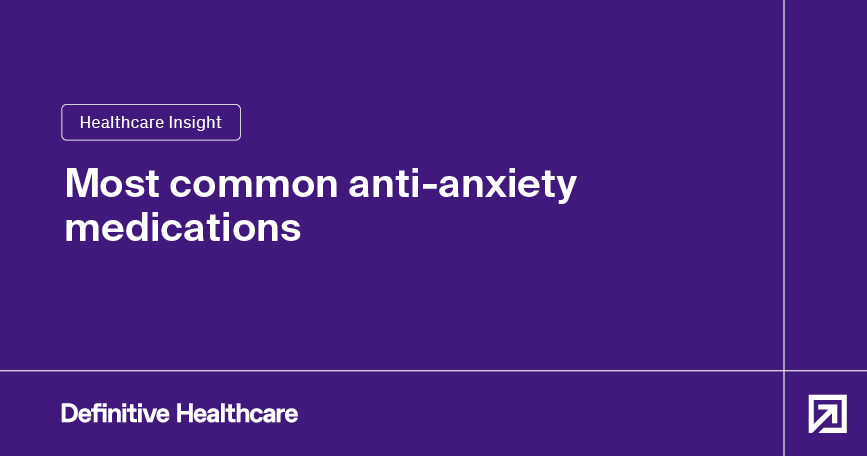
Most common anti-anxiety medications
Explore the most prescribed anti-anxiety medications in the U.S. and trends shaping treatment decisions.

What is the average number of beds in a U.S. hospital?
See the average number of staffed beds in U.S. hospitals and how bed size varies by region and hospital type.
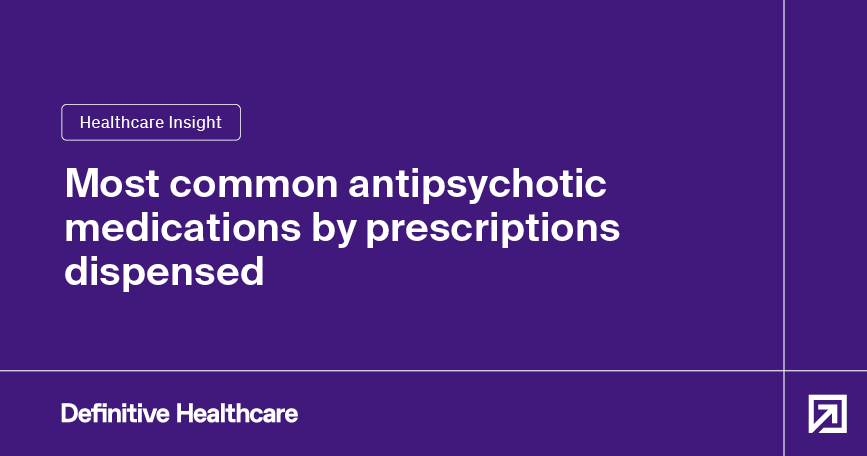
Most common antipsychotic medications by prescriptions dispensed
See the most commonly prescribed antipsychotic medications in the U.S., ranked by prescriptions dispensed using real-world data.
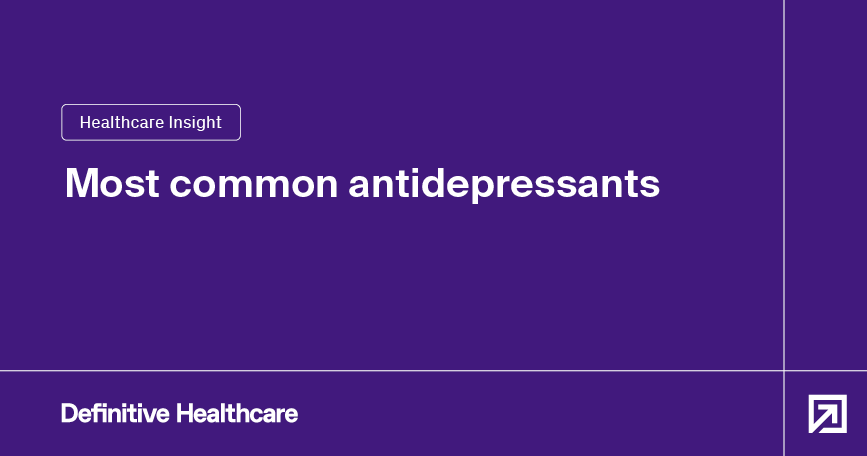
Most common antidepressants
See the most commonly prescribed antidepressants in the U.S., ranked by prescription volume, and explore key trends shaping use.